Gene sequencing identifies rare pediatric disorders in Mexico
BioPharma Reporter
JULY 11, 2023
A new genetic sequencing technology from Element Biosciences has helped researchers from the Translational Genomics Research Institute (TGen), part of the City of Hope, identify the likely genetic causes of disorders in six of nine children from Sonora, Mexico.


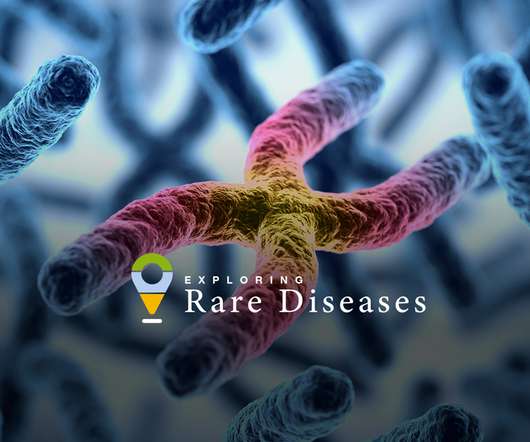
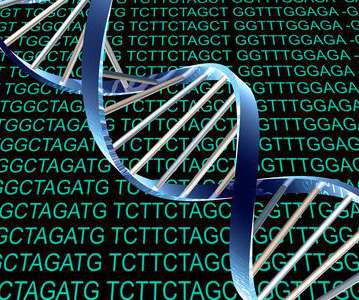
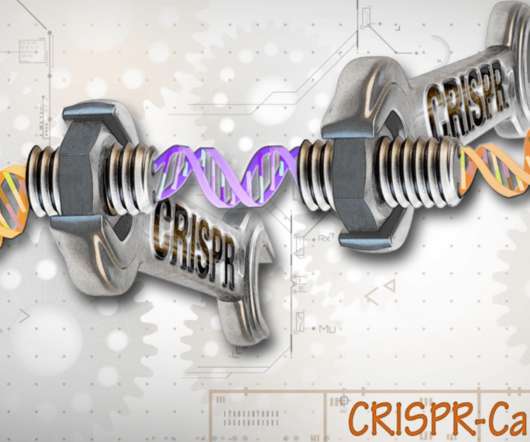
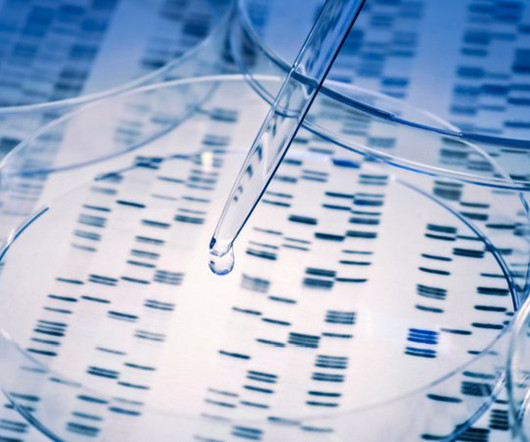

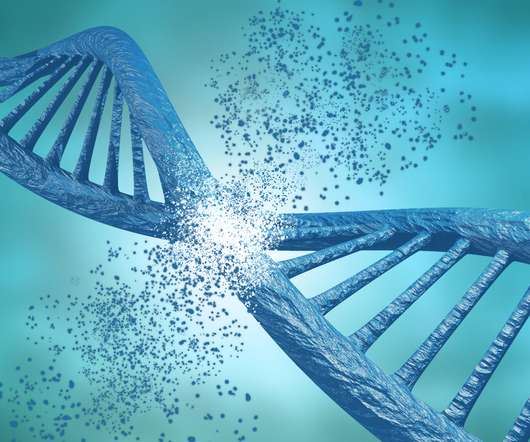











Let's personalize your content